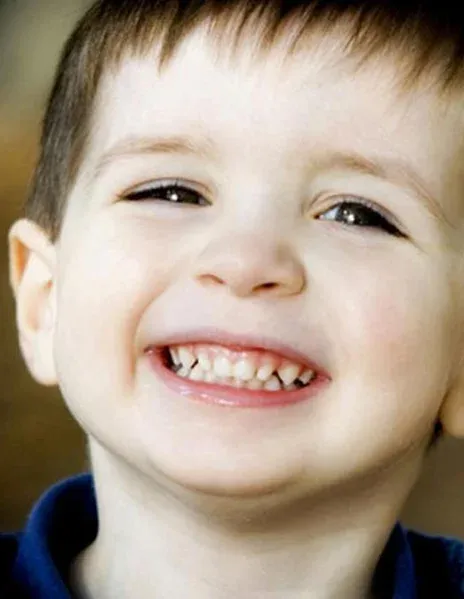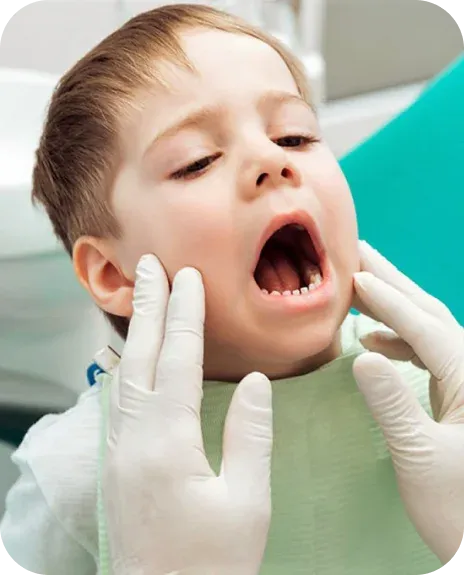Teeth Grinding/Bruxism
When kids get introduced to their dentist at an early age, they begin a lifetime of healthy dental practices that are often difficult for parents alone to enforce. It all begins with good preventative dentistry. The experienced pediatric dental team at Tiny Smiles Pediatric Dentistry — in Woodbridge, New Jersey, the Lower East Side of Manhattan and Harlem, NY — know how to talk to kids about good oral practices. They reinforce your home teachings and, with regular checkups, ensure no problems interfere with your kids’ healthy dental development.



What Is Bruxism?
Grinding or clenching teeth during the daytime or while sleeping is known as bruxism. It’s a common condition that affects both adults and children. Occasionally clenching the teeth may not cause damage, but when you have a baby grinding teeth or when teens grind teeth, it can lead to dental problems.
Kids grinding teeth should be evaluated by specialists in the field of pediatric dentistry, such as the experts at Tiny Smiles Pediatric Dentistry, who provide a wide range of dental services including:
- Teeth grinding treatment
- Preventative dentistry
- Dental cleanings
- Dental sealants
- Restorative treatments
- Orthodontic care
- Emergency and urgent care
- Special needs dentistry
What Are Signs of Kids Grinding Teeth?
It’s not always obvious when children grind their teeth, especially since in many people, children included, teeth grinding happens during sleep. Parents sometimes hear children grinding their teeth while they’re sleeping. Other signs of kids grinding teeth include:
Preventative dentistry is the best way to make sure any damage to teeth is caught early. When teeth grinding treatment is initiated before problems progress, you nip the problem in the bud. Your NJ or NYC pediatric dentist recognizes bruxism from signs such as cracks on the outer layer of the tooth and worn enamel.


Dull headaches that usually start in the temples
What Are Some Complications of Bruxism?
While young children may stop grinding their teeth once erupting teeth come in, when older children or teens continue to clench their jaw or grind their teeth, they may harm their permanent teeth. Possible complications of bruxism include:
Tension headaches
Damage to teeth, jaw or crowns
Lost teeth or fillings
Receding gums
The temporomandibular joints connect the jawbone to the skull. The joint provides the movement needed to open and close the mouth. Habitual clenching of the jaw or grinding of the teeth can cause problems with these joints or nearby muscles. This is known as temporomandibular disorders (TMJ) and is characterized by aching pain in the muscles and joints of the jaw, pain while chewing and a clicking or popping sound in the jaw.

Should I Worry About Baby Grinding Teeth?
Cold rubber teething toys
Soft teething ring
Rubbing your baby’s gums
Making baby’s first dental visit soon after the very first tooth erupts
Many children outgrow bruxism when they lose their baby teeth, and treatment of teeth grinding isn’t usually needed until the baby teeth have been lost. If you feel concerned about a baby grinding teeth, check with an experienced pediatric dentist.
